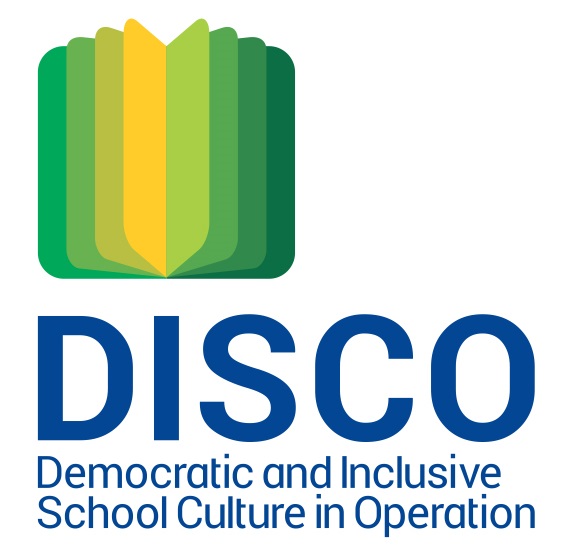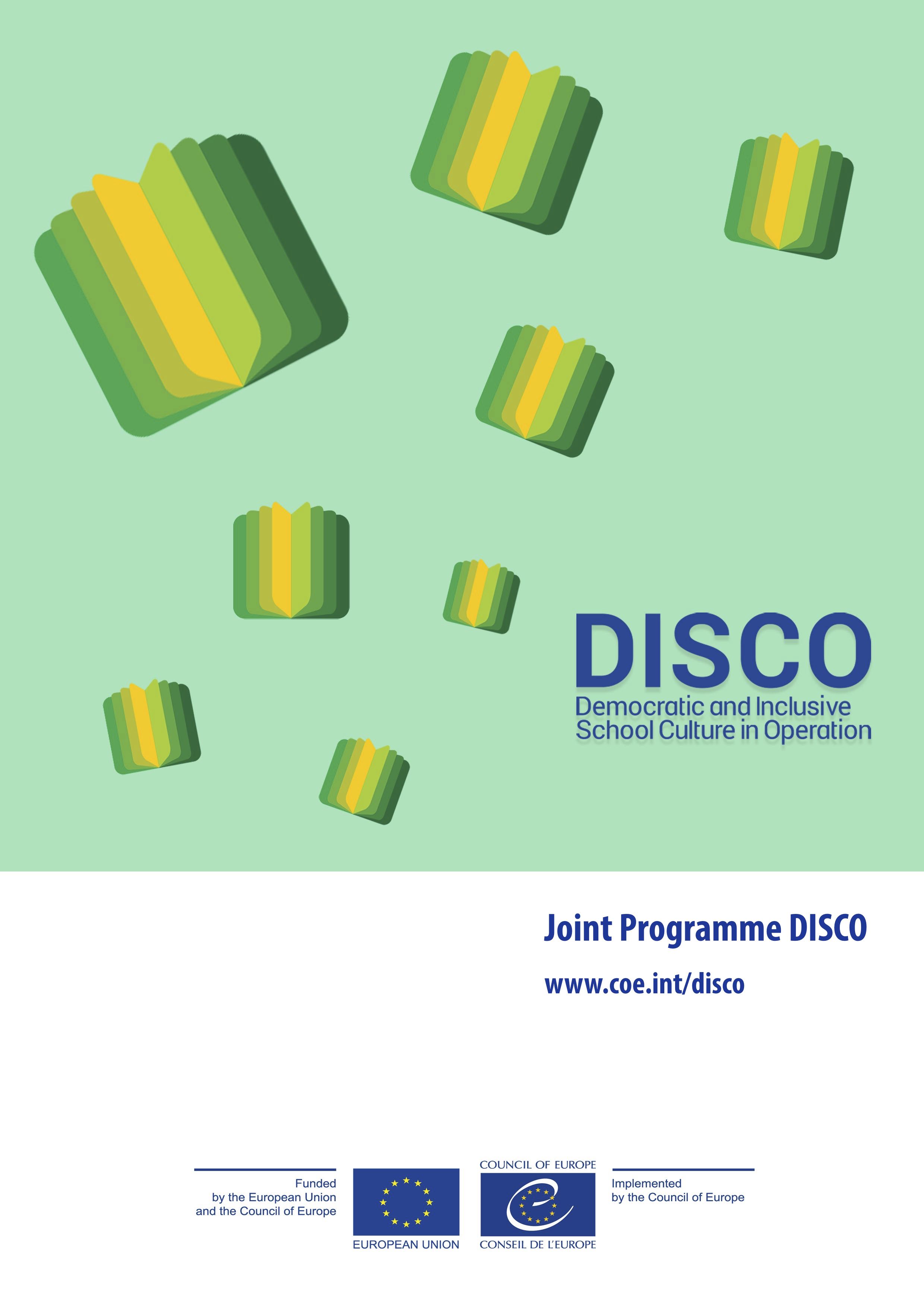Pilot project scheme
Objectives of the Programme
The Joint Programme provides funding to enable at least three States party to the European Cultural Convention to cooperate on projects of common interest within the field of education for democratic citizenship and human rights education (EDC/HRE). At least one of the states should be a member of the European Union.
The basis of each project is to make information on current democratic citizenship and human rights education practices in the participating countries available to help improve them in each of the countries.
In addition, the Programme intends to:
- Encourage discussion and sharing of best practices for addressing EDC/HRE issues;
- Raise awareness and increase visibility of the role of EDC/HRE at all levels of society;
- Promote cooperation between national, regional and local authorities and civil society organisations;
- Contribute to the promotion and continued development of citizenship and human rights education in Europe.
Partners
Inspired by the Swiss-Ukrainian authorities' initiative which organised in 2011 – 2012 two study visits for decision makers and education professionals in order to exchange and share information on the implementation of the principles and objectives of the Council of Europe Charter on education for democratic citizenship and human rights education, the Council of Europe and the European Commission initiated the pilot project scheme on "Human rights and democracy in action" in May 2013.
Council of Europe
Programme on Education for Democratic Citizenship and Human Rights (Education Department)
The Council of Europe supports its 47 member states in the promotion of democracy and human rights in and through education. The legal framework for this work is the Council of Europe Charter on Education for Democratic Citizenship and Human Rights Education adopted by the member states in 2010.
The Council of Europe Education Department runs a programme of inter-governmental activities "Learning Democracy and Human Rights" with a view to facilitate exchange and cooperation among the member states, with the network of officially nominated coordinators (EDC/HRE coordinators) playing a key role. Trainings for education practitioners are organized in the framework of the "Pestalozzi" Programme and regional Summer Academies. Joint European Union / Council of Europe Programmes, such as in Turkey support individual countries to put into practice the Charter.
The Council of Europe Youth Department organises training for youth NGOs and education practitioners. The key publication used in these trainings is COMPASS- A manual on human rights education with young people.
"Building a Europe for and with children" is a transversal Council of Europe Programme for the promotion of children's rights and the protection of children from violence. Education is an important part of the Council of Europe Strategy on the Rights of the Child, which is put into practice in cooperation with the above-mentioned departments.
The Council of Europe Directorate of Human Rights offers training to professional groups such as judges, prosecutors, court managers, lawyers, law enforcement personnel, prison staff, bailiffs, staff of national human rights institutions, and members of non-governmental organisations (NGOs).
Promotion of human rights education is also part of the mandate of the Council of Europe Commissioner for Human Rights.
 Useful links
Useful links
European Commission
Directorate General for Education and Culture
In the field of education and training, the mission of the European Commission is to reinforce and promote lifelong learning.
The Directorate General for Education and Culture's work on education and training follows a twin-track approach of policy cooperation with EU Member States on the one hand and the implementation of the Lifelong Learning Programme on the other hand.
While the Directorate General for Communication is responsible for the implementation of the Europe for Citizens Programme, the Directorate General for Education and Culture covers, among its lifelong learning promotion activities, the area of education for citizenship.
Civic and social skills are among the eight key competences identified by a recommendation of the European Parliament and the Council and the General Directorate for Education and Culture has been active in the preparation of indicators that measure progress and performance in this area. This is accompanied by research and studies on good practice.
Through its Executive Agency and the Eurydice network the Commission is furthermore releasing reports on citizenship education in Europe.


